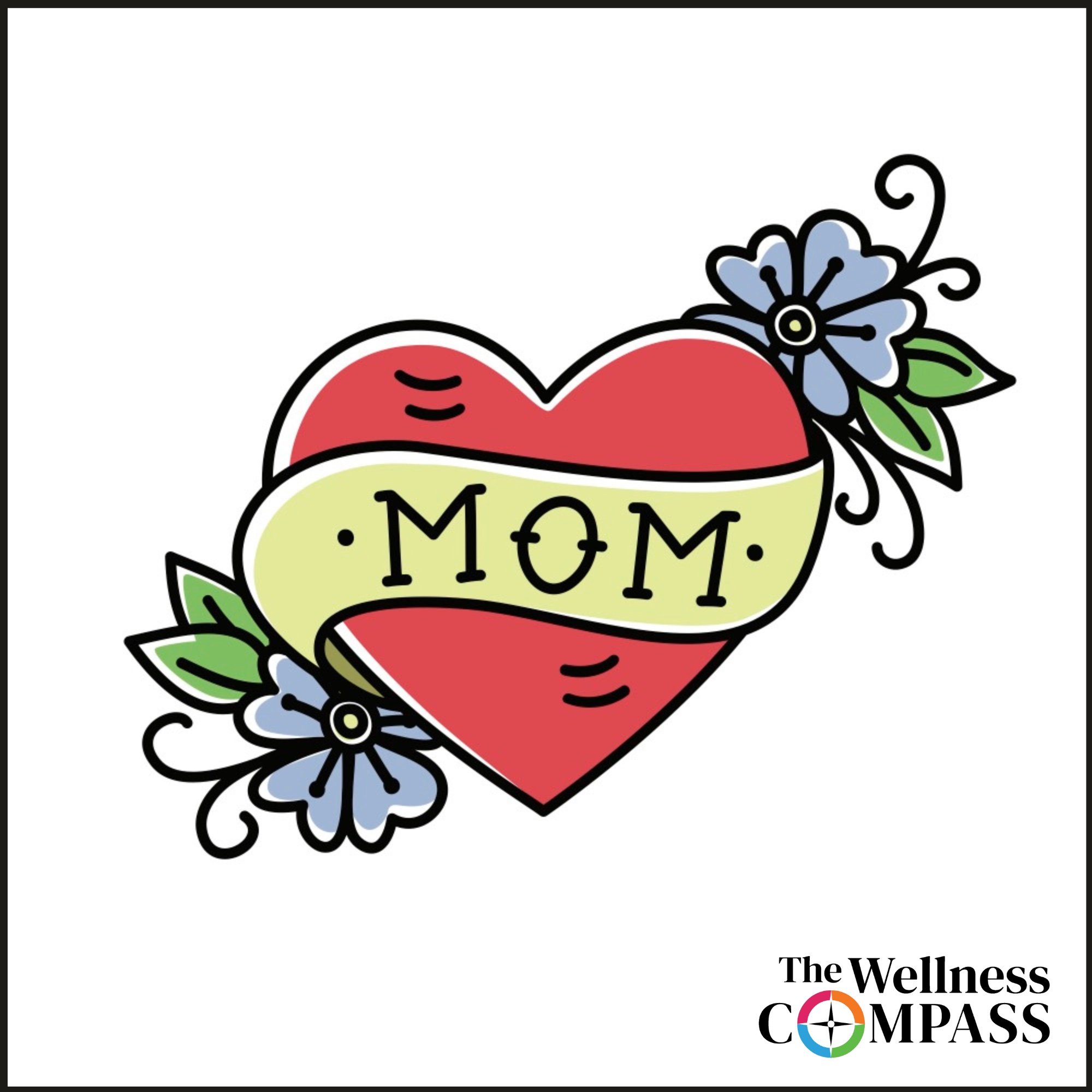Going Far Together
When it comes to achieving an important goal, what do you think matters most—individual effort or the support of others? Of course, this is somewhat of a trick question as the answer is not an “either-or" but rather a “both-and." Evidence of this "both-and" is all around us in this season of graduations, where we honor the accomplishments of both individuals and the villages of support that have made the graduation possible.
Celebrating individual effort comes naturally for most of us; it is part of the DNA of our culture. We love to celebrate the determined individual who does things their way. It is not surprising that Frank Sinatra's "I Did It My Way," released in 1969, was his most famous song ever and continues to be downloaded by hundreds of thousands of people every year. We see this same focus on the individual in the sports world, where we like to celebrate superstars. And yet whenever a superstar is interviewed right after a significant achievement, they always point out that they could not have done what they did without the support of their teammates.
As we have mentioned already, graduation celebrations provide an excellent opportunity to celebrate both the individual efforts of the graduate, as well as the village of support that has made their accomplishment possible. It is probably impossible to list all the members of a graduate's village. Still, it certainly could include parents, grandparents, siblings, peers, teachers, coaches, administrators, neighbors, tutors, employers, club and extracurricular activity leaders, those who support the school, and its leaders and alums.
Our Wellness Compass Initiative also celebrates both individual choices and the importance of the support of others. We believe that the idea of individual wellness is a bit of an oxymoron. We all need and benefit from a village of support, as we are better together. In our villages of support, sometimes we are the ones receiving aid, and at other times we are those offering the assistance. It takes a village, and it takes individual commitment to accomplish things and to be well.
This column marks the end of our "season," as we'll be taking a break for the summer. We will be back right after Labor Day. As we pause for some rest and renewal, we want to thank each of you for being part of our wellness village. We are honored to walk this journey of wholeness and wellness with each of you. We wish everyone a great summer and hope it will offer us all some time to nurture the important villages of support in our lives.
Our weekly Wellness Compass podcast will also be taking a break. Please know that all of our previous weekly columns and podcasts are archived and available on our website www.WellnessCompass.org.
Please have a great summer; we look forward to returning in September.
****************************************************************************************************************
To explore your own well-being in the eight areas of wellness, you may be interested in downloading our newest FREE resource, The Adult Wellness Compass Notebook. This workbook is perfect for either individual or group use, and is a tool for self-reflection, learning, and goal setting. Click HERE to download and enjoy.
Each week Holly and Scott Stoner record the Wellness Compass Podcast. Each episode is about 15 minutes and offers a deeper dive into what appears here in the written column. You can listen to the Wellness Compass podcast in your favorite podcast app—just search for “The Wellness Compass,” and you can listen by clicking HERE and scrolling down to this week’s episode.
And speaking of podcasts, Scott has launched a new podcast this week that is just him speaking about a topic that he is passionate about—the integration of spirituality and wellness. You can listen to the newly launched Living Compass podcast by clicking on the word “Podcast” in the bar at the top of this Living Compass webpage or find it in your favorite podcast app (Apple, Google, Spotify, etc.)
Subscribe Now to Weekly Words of Wellness:
Click the button below to signup for the e-mail version of Weekly Words of Wellness. This weekly article can be shared with your community electronically and/or used for group discussion.
You can unsubscribe at any time.




